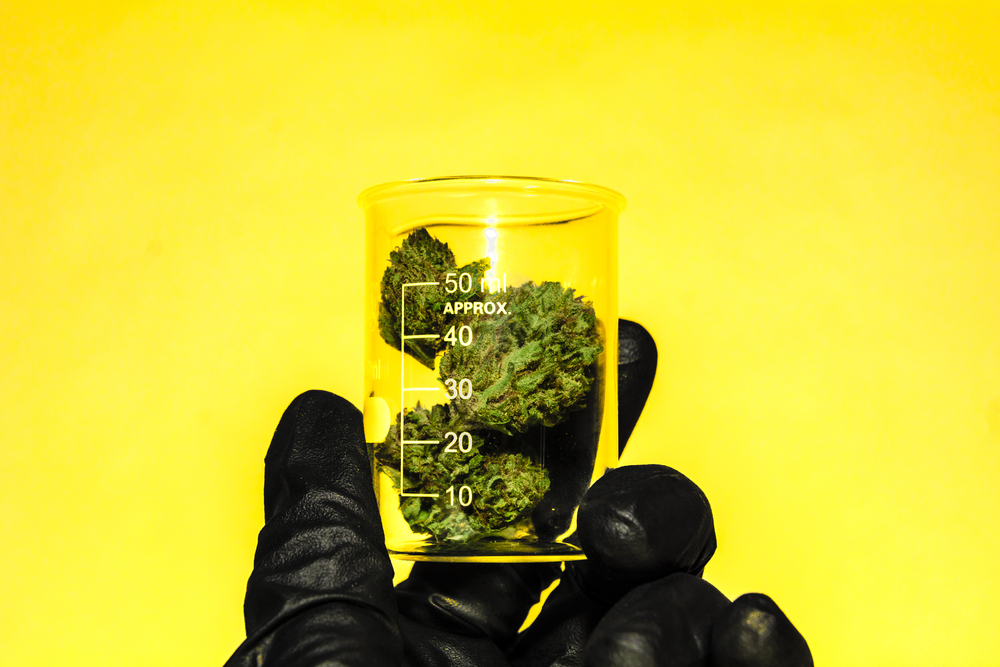Even as states continue to make recreational marijuana more easily available, a positive driver test for tetrahydrocannabinol (THC), the psychoactive ingredient in marijuana, takes a driver out of service and affects the trucking industry, which is already dealing with driver shortages, according to a new report released June 5 by the American Transportation Research Institute (ATRI), a nonprofit transportation research organization.
Increasingly, marijuana can be bought at a store and used solely for recreational purposes, according to the report “Impacts of Marijuana Legalization on the Trucking Industry,” and it’s not uncommon to see billboards advertising marijuana along highways.
While marijuana remains a Schedule I drug under the federal Controlled Substances Act, 23 states now have laws legalizing recreational marijuana—up from 10 states in 2019, when the ATRI released its last study on marijuana legalization.
The report covers several topics related to state-level marijuana legalization, including:
- A review of the latest demographic trends in marijuana legalization,
- An overview of research and data related to highway safety and marijuana use,
- A summary of workforce and hiring implications for the trucking industry, and
- An analysis of publicly available CDL driver drug test data.
The ATRI estimates current national commercial motor vehicle (CMV) driver shortages at between 65,000 and 80,000. A survey of truck drivers for the study found that a majority (72.4%) support the easing of federal marijuana laws. Some suggested drivers are leaving the industry for jobs that don’t require federal drug testing.
The report speculated that potential drivers might be dissuaded from entering the trucking industry due to preemployment drug testing but couldn’t quantify the size of the potential driver pool. The study also couldn’t identify the number of drivers leaving the industry because they tested positive for THC and failed to complete the return-to-duty process.
The report offered two possibilities for federal action in response to state legalization: maintaining the current prohibition policy, whereby marijuana remains a Schedule I drug, and continuing to remove thousands of drivers annually from the industry because of positive tests for past marijuana use or easing restrictions, possibly removing marijuana from its Schedule I designation.
The report offered several suggestions for implementing the latter option, including:
- Develop a nationally recognized marijuana impairment test and impairment standards. There’s currently no field sobriety test for marijuana impairment. However, the Department of Transportation (DOT) adopted a rule that became effective June 1 offering oral fluid drug testing as an alternative to urine testing for CMV drivers and those in safety-sensitive positions in aviation and rail transportation and transit.
- Protect carriers’ option to screen for marijuana use. CMV drivers perform their duties for weeks at a time on public roadways far from company facilities. Motor carriers’ ability to screen drivers for marijuana use must remain an option.
- Develop greater knowledge of marijuana’s impacts on highway safety through federal research and data collection. There’s little existing data on marijuana’s impact on highway safety outcomes. Rigorous data-collection efforts should be developed to identify marijuana-involved crashes for all vehicle types, not just commercial vehicles like large trucks.

